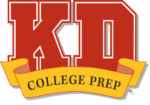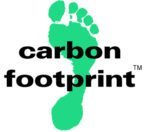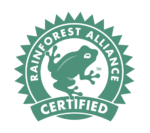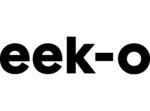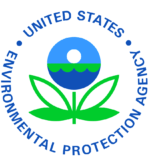The Center for College Affordability and Productivity (CCAP) researches the rising costs and stagnant efficiency in high education. CCAP disseminates information on student financial aid policy, causes of higher education inefficiency, productivity of faculty, and for-profit high education in an effort to improve accessibility and quality.
Big Future is a program that is sponsored by College Board and is dedicated to providing students with information on how they can afford college. Big Future helps students research different schools, calculate net costs, and provides resources on understanding financial aid programs.
This article outlines the problem with traditional high school guidance counseling (limited resources and time) and offers solutions on how to fix the issue.
First in the Family invites you to explore and download the materials presented here. Use these handouts, videos, and books with students who seek to put and keep college in their sites. The work spans many fields, they have a deep commitment to college access and success for low-income students.
Frugal Dad is a great resource to find information on how to pay for college, how to do financial planning for college, and a great database of affordable college options.
Kids Korner is an interactive website that helps kids learn about the environment and how energy works. There are also features for teachers to use.
My Carbon Footprint was created by the New York Hall of Science as an education initiative intended to create awareness about climate change among schoolteachers and students. The curriculum resource guide includes curricula and teacher training workshops for both middle and high school students.
National Environmental Education Foundation strives to advance environmental knowledge among health professionals to improve the public's health with a special emphasis on children. This organization hopes to prevent serious health conditions such as child obesity by connecting children to nature and improving their physical activity.
NeoK12 is a website that provides free online educational videos, lessons, quizzes, games, and puzzles about energy sources. The website discusses topics ranging from renewable energy to geothermal power.
Oceans For Youth Foundation is a non-profit that promotes underwater education and respect for the ocean in today's youth. The foundation funds and organizes programs with a variety of education tools that help the next generation become more environmentally aware and interested in the preservation of the ocean. The website provides games, coloring books, and video to engage with its young users.
Project Learning Tree (PLT) is a program of the American Forest Foundation that uses forests to engage young Americans and provide them with environmental education. PLT provides curriculum, programs, and other resources to educators so that they can introduce their students to an array of complex
The Rainforest Alliance provides educational resources to help students understand how important the rainforest is to our collective well being. The website provides lesson plans, rainforest presentations, articles, and profiles of native species to offer student opportunities for direct action.
Earth 911 is a website that provides resources and tips on how to eliminate waste through innovative ideas. This website provides a wealth of information through interesting articles ranging from recycling to gardening to green practices companies are adopting.
Earth Matters! Is a nonprofit organization that is working toward sustainability by reaching the future environmentalists and leaders.
"EEK!" stands for environmental education for kids, and was created by the Wisconsin Department of Natural Resources. EEK! provides teacher activities, lesson plans, and other educational resources for students. In addition, students can visit the website to research fun facts and play games to learn about nature.
This website is designed to help children learn about the role they can play in the environment.
Energy Kids was created by the US Energy Information Administration and provides teachers with lesson plans, science fair experiments, and field trip ideas. The website also hosts definitions, games, and other information relating to energy that is kid friendly.
The Environmental Literacy Council is a non-profit made up of educators, researchers, and scientists that hope to connect teachers and students to science based information on a range of environmental issues. The website hosts resources on environmental topics, curricular materials, and textbook reviews.
The US Environmental Protection Agency has many resources for students concerning the environment and other science related subjects. The website provides homework resources, community service projects, teacher resources, and award applications.
Global Footprints is a website developed by the HEC Global Learning Center in London that was created for teachers and student to explore global issues and create discussions on how to protect the planet. The website provides quizzes that discuss issues such as food, energy, waste and water.


